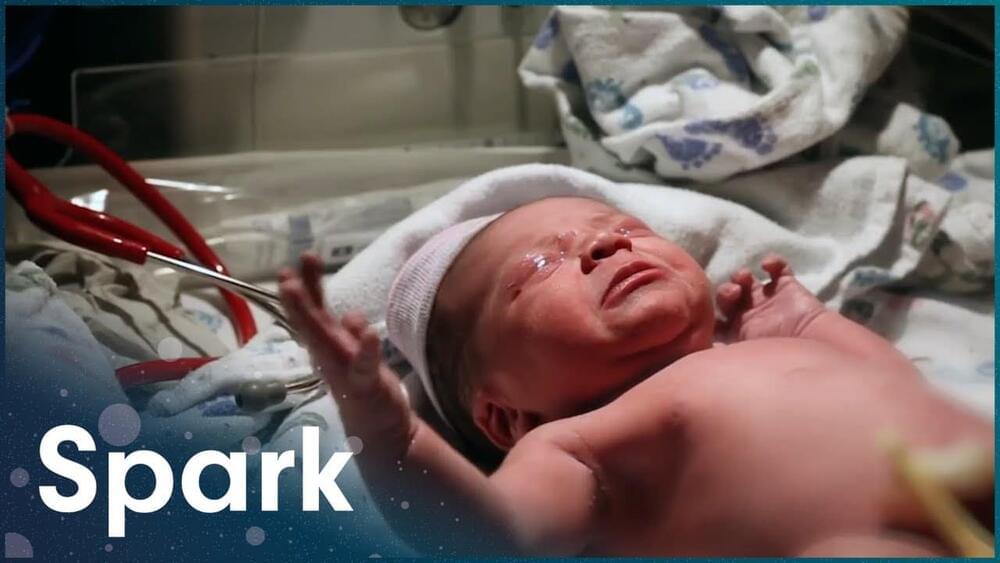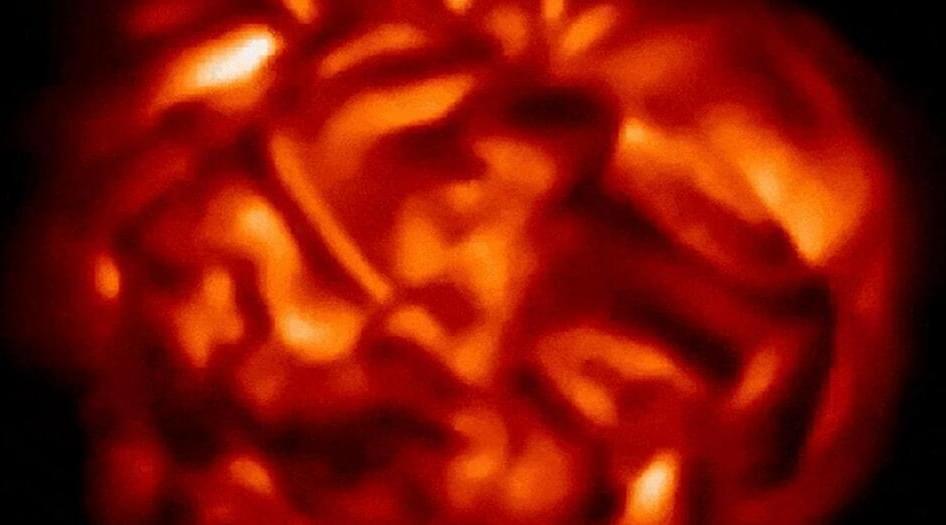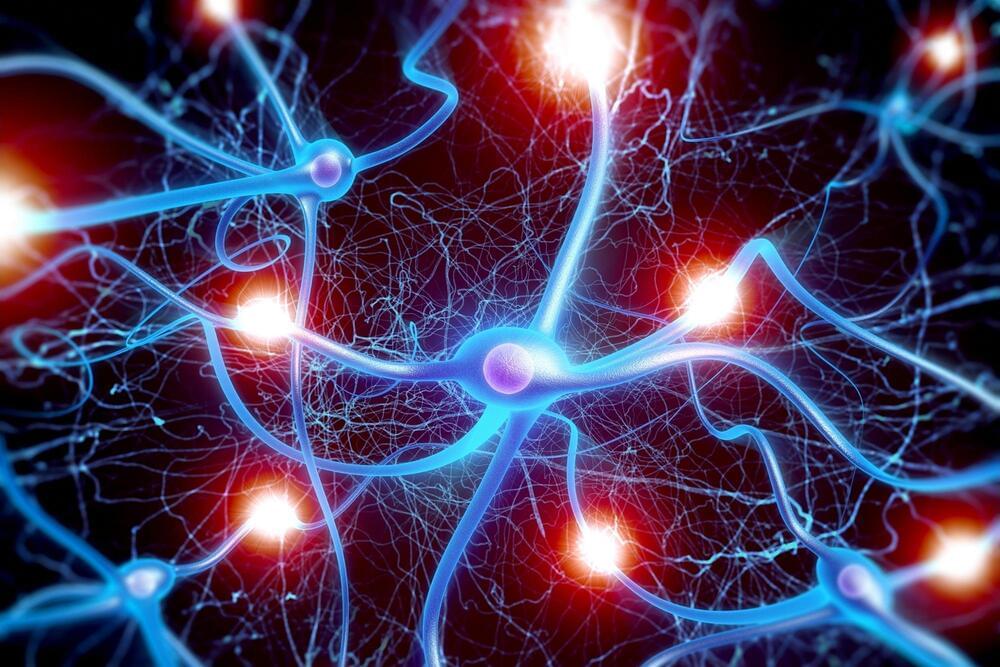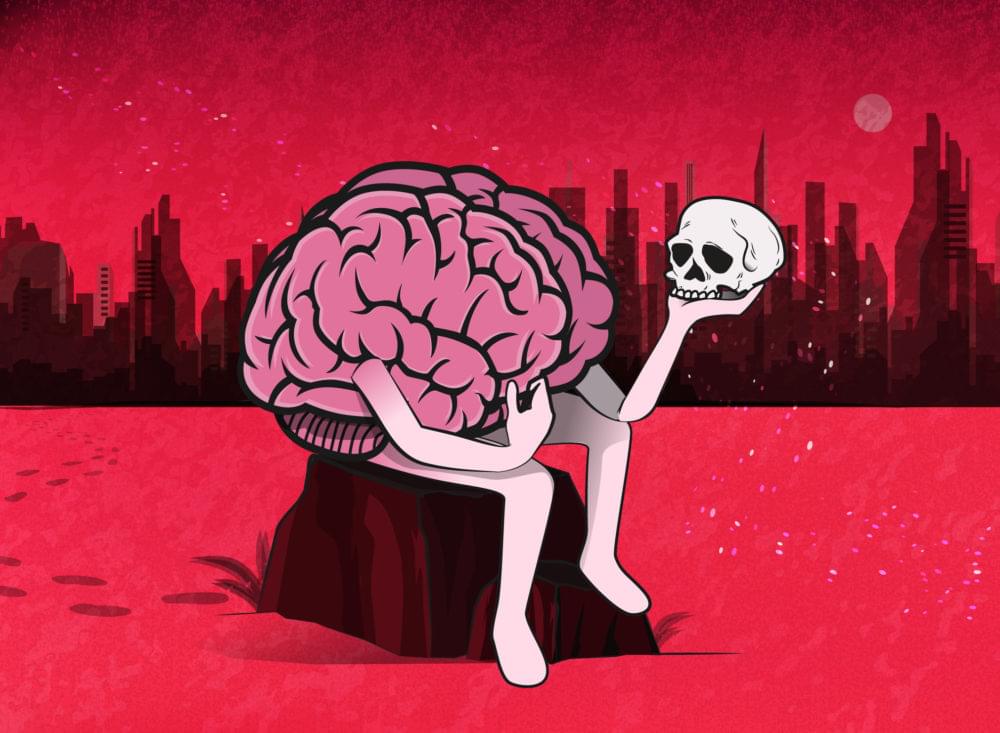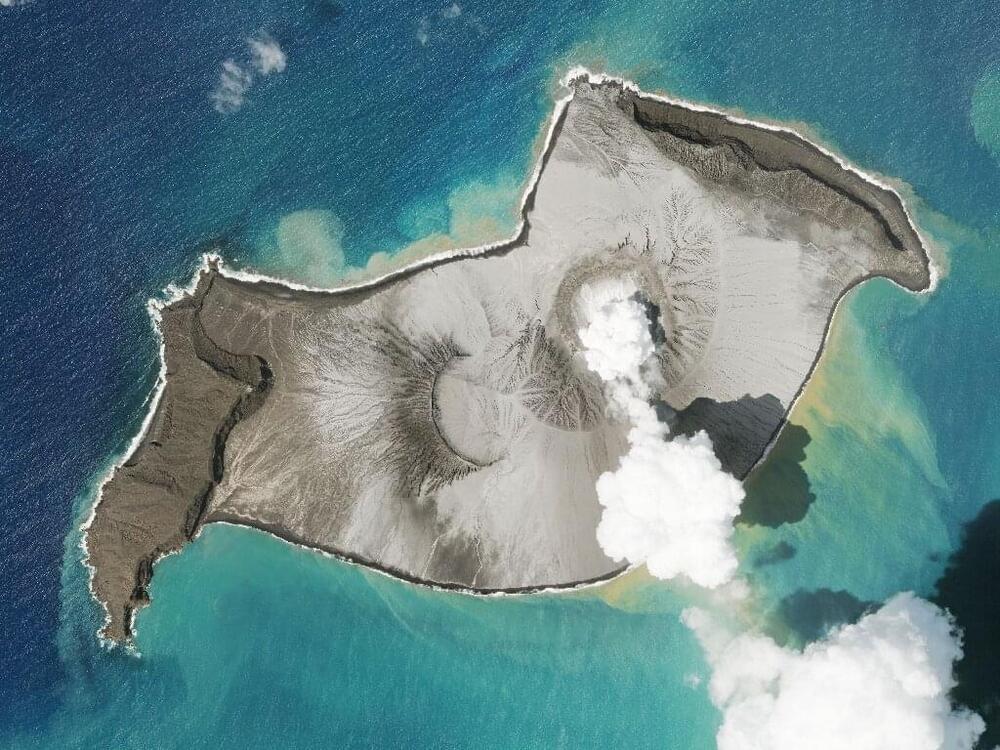Jan 17, 2022
Next Fiat Panda aims for ‘most affordable EV’ title, will slot below 500e
Posted by Shubham Ghosh Roy in categories: sustainability, transportation
Next Fiat Panda aims for ‘most affordable EV’ title with customizable, clever crossover that will slot below 500e.
What’s the most affordable EV you can buy? If rumors out of Fiat are to be believed, the answer to that question will soon be “the new Fiat Panda” as Stellantis targets the bottom end of the booming electric car market.
Set to arrive as soon as this spring, the new Fiat Panda will be an EV-only offering from Stellantis’ “entry” Italian brand, and is expected to slot in below the ell-electric Fiat 500e, price-wise, in the company’s lineup. Its main objective, as the brand’s President, Oliver Francois, told AutoExpress UK, is to “awaken the sleeping giant” he believes Fiat to be. “That’s exactly my point of view,” he says, when discussing new models. “We have not even started awakening the giant.”
Continue reading “Next Fiat Panda aims for ‘most affordable EV’ title, will slot below 500e” »

